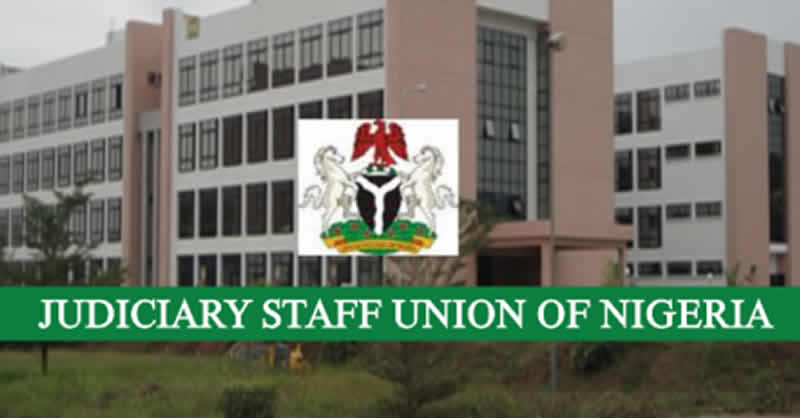General
Africa will fight COVID-19 misinformation -WHO official

Dr Matshidiso Moeti, World Health Organisation (WHO) Regional Director for Africa says Africa Infodemic Response Alliance (AIRA) will fight COVID-19 misinformation in the continent.
WHO inaugurated AIRA on Thursday to coordinate actions and pool resources in combating misinformation around COVID-19 pandemic and other health emergencies in Africa.
Moeti, in a statement posted on the WHO Regional Office for Africa website, said misinformation could kill and ensure diseases continue to spread in health emergencies.
“People need proven, science-based facts to make informed decisions about their health and wellbeing, and a glut of information – an infodemic – with misinformation in the mix makes it hard to know what is right and real.
“This crucial new alliance brings unique reach, knowledge and skills to help stop the impact of dangerous misinformation.’’
According to the statement, digital platforms have been inundated with COVID-19-related information since the pandemic began in late 2019.
“Information about the virus has been shared and viewed over 270 billion times online and mentioned almost 40 million times on Twitter and web-based news sites in the 47 countries.
“It has been shared in 47 countries of the WHO African Region between February and November 2020, according to UN Global Pulse, the United Nations’ Secretary-General’s initiative on big data and artificial intelligence.
“A large proportion of this information is inaccurate and misleading and continues to be shared by social media users intentionally or unknowingly every day.
“The COVID-19 infodemic is amplified online through social media but health misinformation is also circulating offline.”
In measuring precisely how much of what is circulating is misinformation is difficult, but fact-checking organisations in Africa say they have debunked more than 1000 of such misleading reports since the onset of the pandemic.
Some of the widely shared misinformation includes conspiracies around unproven treatments, false cures and anti-vaccine messages.
In addition, WHO stated that among others, the AIRA would work collaboratively to counter false information around COVID-19 vaccines.
“It will also complement on the ground public health awareness raising and community engagement efforts by creating demand for vaccines in the region.
“The network is the first initiative of its kind and it brings together 13 international and regional organisations and fact-checking groups.
“The network comprise experts in data and behavioural science, epidemiology, research, digital health, and communications to detect, disrupt and counter damaging misinformation on public health issues in Africa.
“The Alliance will encourage proactive disclosure by data holders and support journalists and media outlets to effectively share lifesaving information based on scientific evidence and debunk disinformation on health issues.
“It also aims to support individual African countries in developing tailored infodemic management strategies, including analysing trends and behaviours, recruiting specialists and refining systematic engagement strategies rooted in research and analytics.’’
This initiative puts into practice key recommendations on infodemic management that were developed by over 1300 experts from across disciplines in early 2020 under the auspices of WHO’s global Information Network for Epidemics (EPI-WIN).
The Alliance members are Africa CDC, the International Federation of the Red Cross and Red Crescent Societies (IFRC), the United Nations Verified initiative and the United Nations Children’s Fund (UNICEF).
Others are the United Nations Educational, Scientific and Cultural Organization (UNESCO) and United Nations Global Pulse.
Participating and supporting bodies include Nigeria’s Dubawa, Africa Check, Agence France-Presse Fact Check, PesaCheck and Meedan.
(NAN)
-

 Metro20 hours ago
Metro20 hours agoOgun judiciary workers suspend strike
-

 News13 hours ago
News13 hours agoFG revokes 924 dormant mining licences
-

 News16 hours ago
News16 hours agoFG suspends Dana Air operations
-

 News18 hours ago
News18 hours agoMohbad’s father has no right to demand DNA test – Lawyer
-

 News20 hours ago
News20 hours agoLAUTECH introduces Mass Communications, five other programs
-

 Metro20 hours ago
Metro20 hours agoVictim of Oyo police shooting not student – LAUTECH
-

 Sports15 hours ago
Sports15 hours agoWhy I didn’t apply for Super Eagles’ job – Vincent Enyeama
-

 Sports22 hours ago
Sports22 hours agoGWR: Tunde Onakoya raises over $130,000 in chess marathon
























